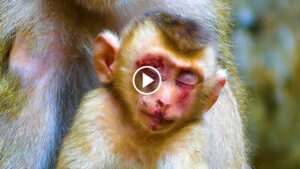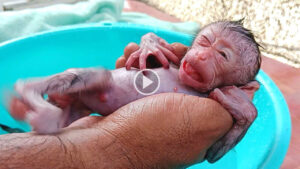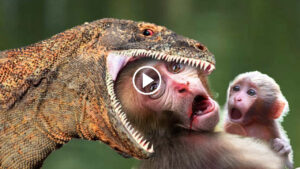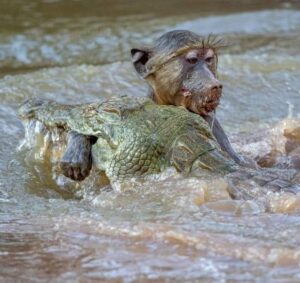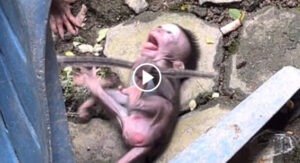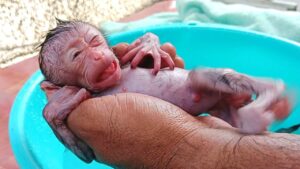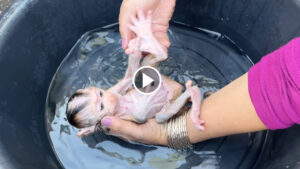In the wild, mother monkeys are generally very nurturing and protective of their young. However, in some rare cases, behaviors that might be interpreted as “abuse” can occur. This can happen for a variety of reasons, often linked to environmental stress, social dynamics within the group, or the individual mother’s condition.
Here are a few explanations for why a mother monkey might display aggressive behavior toward her infant:
### 1. **Environmental Stress**:
In difficult living conditions, such as food scarcity or overcrowding, mothers might be stressed, which can sometimes lead to erratic or aggressive behavior, even toward their own offspring. Stress may also affect a mother’s ability to care properly for her baby.
### 2. **Inexperience**:
Young or first-time monkey mothers might not have fully developed their maternal instincts. They may struggle with how to care for their babies, sometimes leading to mishandling or neglect.
### 3. **Illness or Weakness in the Baby**:
In some cases, if an infant monkey is sick, weak, or has a congenital defect, the mother may reject or act aggressively toward the baby. This behavior, while harsh, is believed to be a survival mechanism, as the mother may focus her resources on healthier offspring or her own survival.
### 4. **Social Dynamics**:
In certain monkey species, social hierarchy plays a significant role in behavior. Sometimes, a mother may be stressed by other dominant members of the group, and this stress can be redirected toward her baby.
### 5. **Weaning and Independence**:
As baby monkeys grow, mothers often begin to distance themselves and encourage their young to become more independent. This can sometimes involve aggressive behavior, such as pushing the baby away or ignoring it, especially during weaning.
While aggression or mistreatment is not common, it does occasionally happen in the wild. Researchers studying monkeys have noted that this behavior is often influenced by environmental, social, and biological factors rather than the result of malice. It’s important to note that what we interpret as “abuse” in the animal kingdom may not always align with human understandings of abuse, but rather be rooted in survival instincts.
Would you like more information on a specific species or examples of such behavior in the wild?
